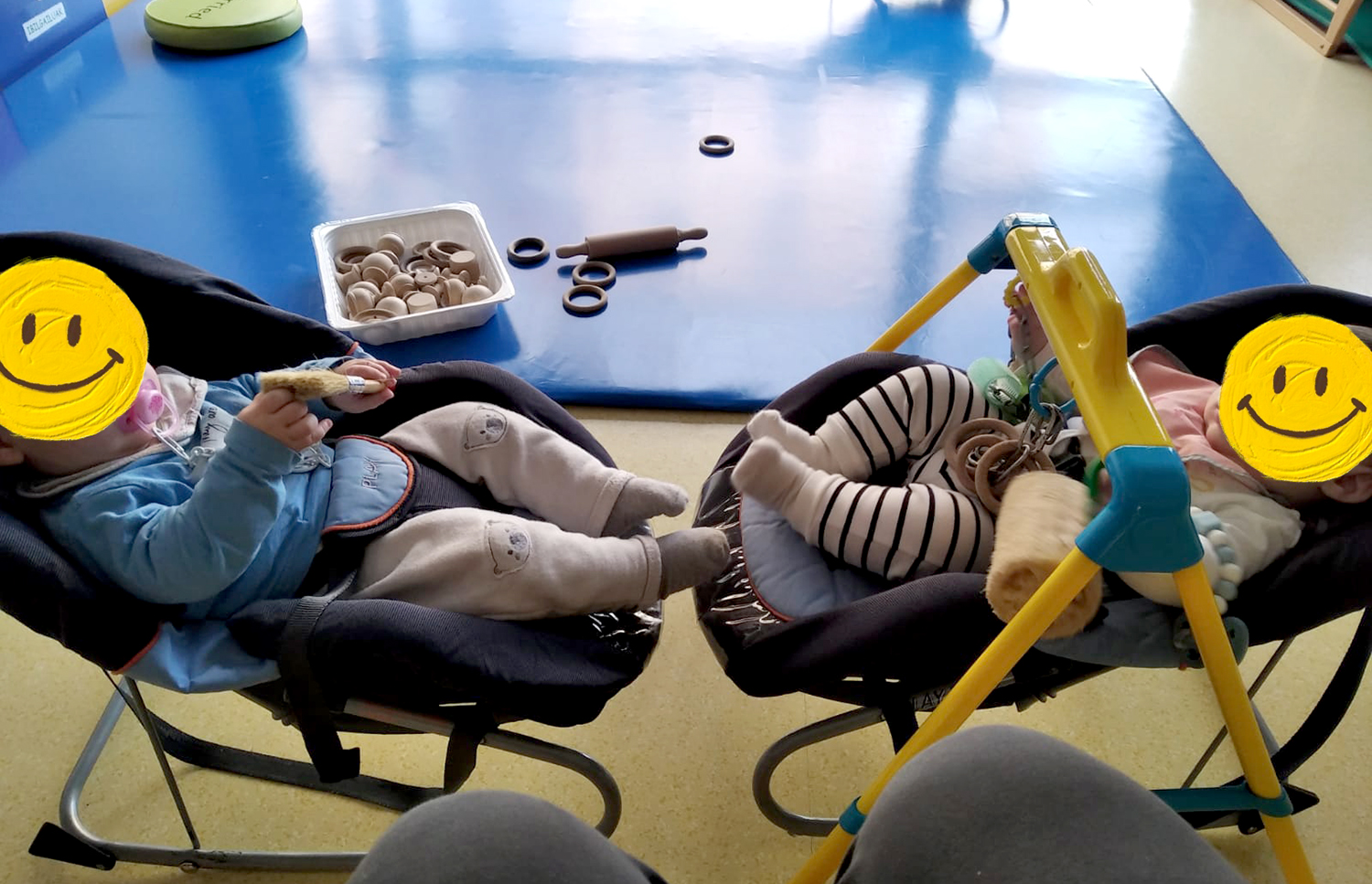Women in the UAE spend almost twice as much time as men in care
- According to the result of Eustat’s work on conciliation, although the number of hours men spend in domestic work is increasing, they are still far from parity: women perform care tasks for an average of 9.4 hours a day, men 5.4.

The time spent in the care of children and dependent persons and domestic work in 2016 has been quantified by gender and occupations. The survey was the methodology used.
As for housework, they say that women do two hours a day and men do 1.2. Children are cared for 4.7 hours per day by women and 3.3 hours per day by men. The greatest difference is in the care of dependent family members, given that women dedicate 2.7 hours to it, and men 1.1, less than half.
Eustat’s work also provides two other facts that hinder conciliation; in terms of length of employment, most women (58%) have a continuous working day and men account for less than half, 43%. On the other hand, almost half of the workers work more hours every day than their own and 38% do not know when they will leave, here there is almost no difference between genders.
Once again, I started the afternoon, full of splashes from the previous one and without realizing it was a weekend. I have been in a few days on maternity and the words of then are the lightest splash I have. Or not. Undelivered jobs, clothing of the child, classes that should... [+]
Stressed woman, walking to school in the area of the seagull, snack and sports bag. That would be the image that would go back to almost everyone's mind if we talked about care and conciliation.
The issue is broader. In addition to caring for children, it is to pay attention to... [+]
Ikasgelan bi kasu positibo agertzearekin gelako haur guztiak etxera bidaltzen ari diren honetan –kasu bakarrarekin baheketa orokorra egitera ere ari dira bidaltzen ikasle guztiak–, Gabonetako oporren atarian beldur dira guraso asko: batzuk, haurra ikasgelan kutsatu... [+]
Again, Education has done its own thing. While Europe and the Spanish state themselves are taking steps to facilitate the reconciliation between work and family life (according to the latest news, the intention is to extend paternity leave to 6 months), the department leading... [+]
Aitatasun baimenaren inguruan aritu gara Zebrabideko kolaboratzaile den Iñaki Kasaresekin.





















